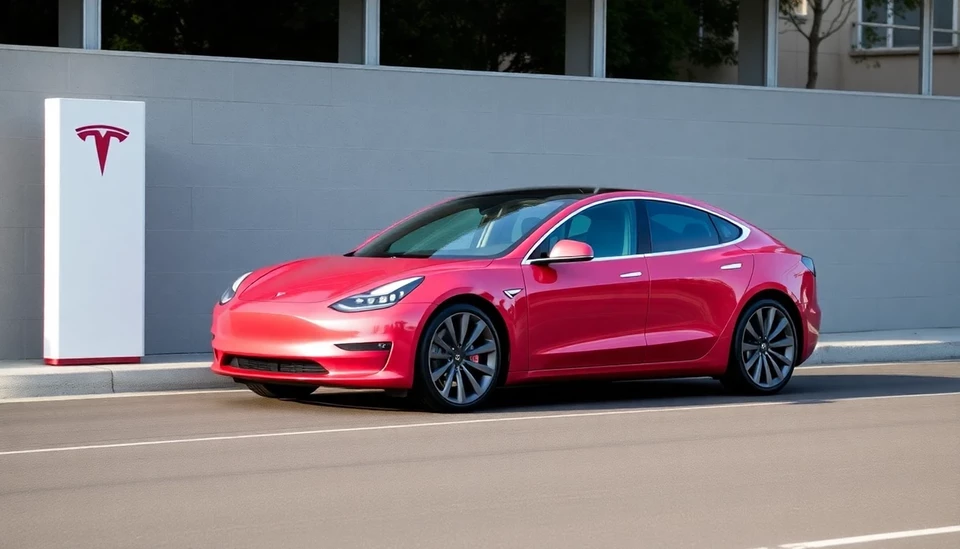
In a pivotal legal ruling, a Delaware judge has once again rejected Elon Musk's enormous pay package from Tesla, which had previously been under scrutiny for its astronomical size. This decision marks a critical juncture for Musk, Tesla, and stakeholders involved, particularly in a period where executive compensation has come under increased scrutiny in corporate America.
In the latest court proceedings, Musk's compensation package — which is structured as stock options linked to specific performance metrics — was argued to have been established in an agreement that lacked sufficient oversight from Tesla's board of directors. The court indicated that the governing body had not adequately ensured that the compensation levels matched the exceptional performance expectations set forth by Musk.
The pay package, originally approved in 2018, was designed to reward Musk based on ambitious production and financial goals. However, performance targets that seemed unattainable at the outset faced mounting skepticism as they were linked to the company's market capitalizations and operational milestones. This led to significant discussions among shareholders regarding whether the vast remuneration package is justified, especially given the potential implications on corporate governance and the interests of everyday shareholders.
Judge Joseph Slights, who oversaw the case, emphasized the need for corporate boards to remain accountable and to adhere to their fiduciary responsibilities when remunerating executives. The judge remarked on the financial implications that such an enormous pay package can have on the company’s overall value and performance, suggesting that excessive executive compensation can ultimately harm shareholders' interests.
The ruling represents a potential shift in how executive compensation at major tech companies might be evaluated in the future, encouraging a more definitive framework for board decisions. Musk's counterargument suggested that the package incentivized him to drive Tesla to new heights and that achieving performance benchmarks could benefit all shareholders through long-term growth.
However, this legal setback emerges as part of a broader scrutiny into not only Musk's leadership at Tesla but also the ethical and financial dimensions of executive pay at corporations. The discussion surrounding this ruling could usher in renewed dialogue about corporate governance and transparency, prompting organizations to re-evaluate their own executive pay structures and approval processes moving forward.
In conclusion, the court's dismissal of Musk’s record pay package highlights the challenges faced by leaders in balancing aggressive incentives and the responsibility to shareholders. The outcome sets a precedent that may influence how companies set executive compensation in the tech industry and beyond, with an expectation for enhanced diligence and accountability from boards of directors.
#ElonMusk #Tesla #ExecutiveCompensation #CorporateGovernance #StockOptions #DelawareCourt #LegalNews #BusinessEthics #ShareholderInterests
Author: Samuel Brooks




